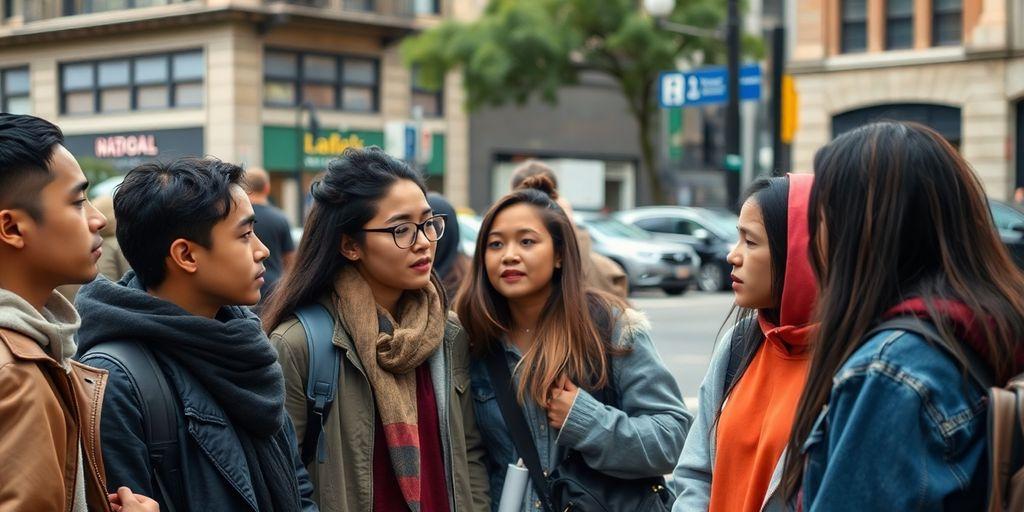A Philadelphia couple, Leland Brown Jr. and Breanna Hubbard, have gained notoriety as influencers by documenting their unconventional lifestyle of living in a tent. Their journey has sparked discussions about homelessness, independence, and the choices of Generation Z, challenging traditional views on employment and housing.
Key Takeaways
- Leland Brown Jr. and Breanna Hubbard, both from successful families, have embraced a lifestyle of homelessness, claiming it offers them freedom and independence.
- The couple has gained significant attention on social media, particularly TikTok, where they share their experiences and lifestyle choices.
- Their decision to live without a permanent home has raised questions about the nature of homelessness and societal expectations.
The Rise of Homeless Influencers
Leland Brown Jr., 28, and his girlfriend Breanna Hubbard, 22, have become prominent figures on social media, particularly TikTok, where they document their lives as self-proclaimed "homeless influencers." After being kicked out of his family home, Brown moved in with Hubbard, but when that arrangement fell through, the couple decided to live in the woods, embracing a lifestyle that they describe as a "flex."
Their journey began in September 2022, and after six months of living in a tent, they started vlogging their experiences. Their videos quickly gained traction, leading to millions of views and a growing following.
Life in a Tent
The couple’s tent is equipped with makeshift comforts, including:
- Yoga mats and air mattresses for sleeping
- A charging station for their devices
- Cooking equipment for preparing meals
- Cleaning supplies to maintain their living space
Brown prefers the term "house-lessness" and argues that their lifestyle is a conscious choice, allowing them to avoid the stresses associated with traditional employment and housing costs. He believes that their situation is a sacrifice worth making for the sake of independence.
Controversies and Criticism
Despite their growing popularity, Brown and Hubbard have faced criticism and controversy. In January, it was revealed that they accepted funds from a homeless charity while also profiting from their TikTok videos and a GoFundMe campaign. This led to accusations of exploiting their situation for financial gain.
Their response to the backlash has been to emphasise their desire to save money for future plans, including purchasing a van or RV to continue their lifestyle.
The Broader Implications
The couple’s story reflects a broader trend among Generation Z, who often view traditional homeownership as financially unattainable. A survey by Freddie Mac indicated that many young adults feel positive about homeownership but believe it is out of reach.
Brown and Hubbard’s choice to live minimally resonates with some Gen Zers who are seeking alternatives to conventional living arrangements. They argue that their lifestyle allows them to focus on building their businesses and pursuing entrepreneurial ventures.
Future Aspirations
Looking ahead, Brown and Hubbard plan to continue their current lifestyle while saving for a more permanent solution. They aspire to transition to van life, a trend that promotes living out of modified vehicles, often seen as a more affordable and flexible way to travel and live.
As they navigate their unique path, the couple aims to change perceptions of homelessness and minimal living, highlighting that it can be an opportunity for personal growth and self-discovery. They hope to inspire others to reconsider their views on housing and independence, challenging the norms of their generation.
Sources
- Gen-Z Philadelphia couple from successful families shoot to fame as HOMELESS influencers insist living in a tent is better than getting a job or having to pay rent, MSN.
- Gen-Z Philadelphia couple from successful families shoot to fame as HOMELESS influencers insist living in a tent is better than getting a job or having to pay rent | Daily Mail Online, Daily Mail.
- Lansdale couple who lived in a storage unit says no house is worth the freedom, Inquirer.com.






